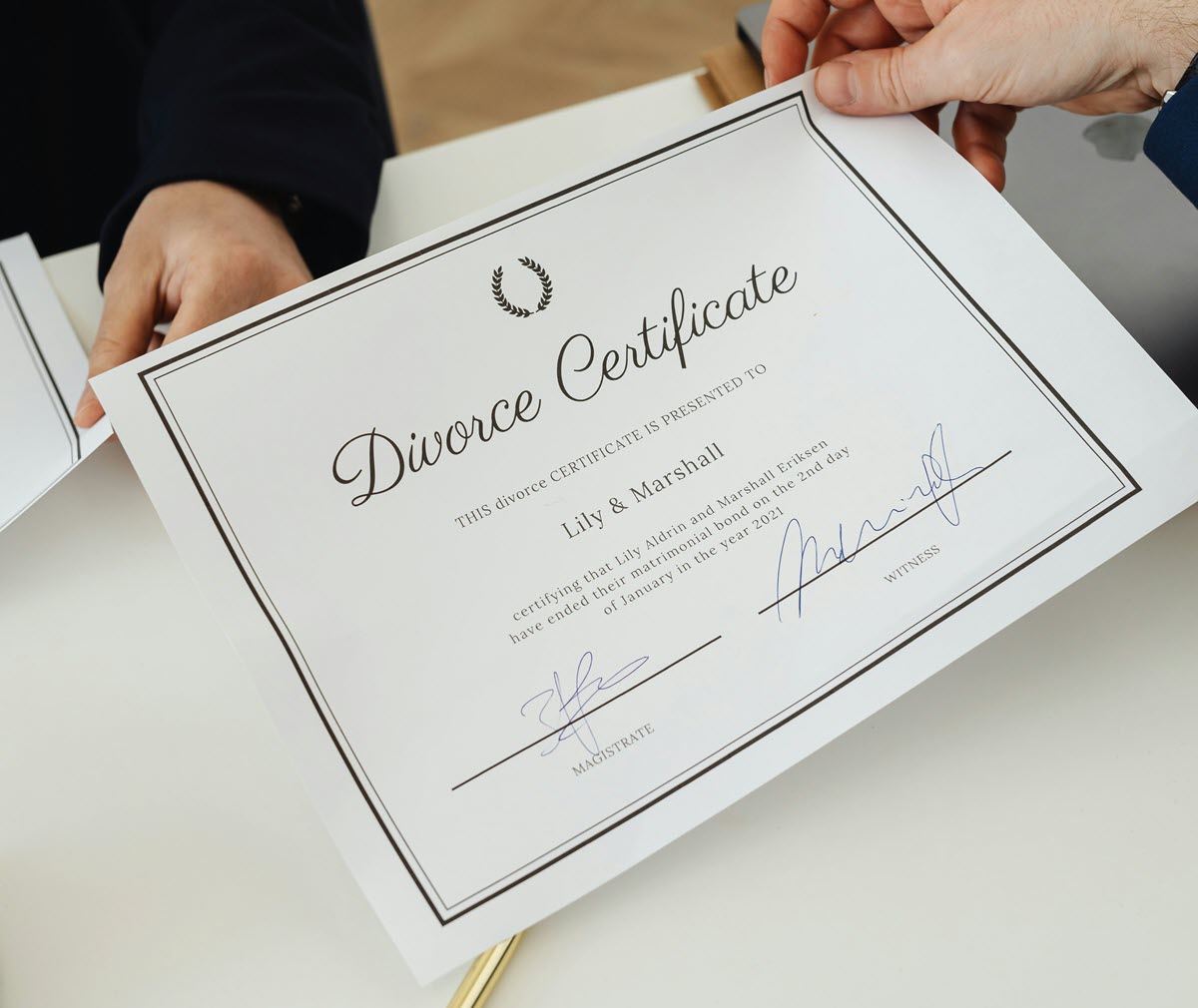Do you want someone else making the decision in your divorce? If you litigate, you are leaving the most important part of your life up to a judge.
Let’s talk about a divorce where you are in charge.
Choosing mediation to end your marriage and begin the next chapter means you write the next chapter. You make all the decisions that matter to you. Mediate to write the rules for you, your spouse, and your family.
Let’s talk about the difference between litigation and mediation.
Divorce Litigation:
In divorce litigation, the process is more formal and typically involves both parties hiring lawyers to represent them in court. It’s a legal battle where the court ultimately decides the outcome of key issues like property division, child custody, and spousal support. The judge has the final say, and the parties usually don’t have much control over the decision-making process.
Key characteristics of litigation:
- Court involvement: The case is handled in a courtroom, with a judge making the final decision.
- Adversarial: It tends to be more combative since each side argues for their own interests.
- Time-consuming and expensive: It often takes months or even years to reach a resolution, and legal fees can add up.
- Public record: Court hearings and filings are generally public, which can make the process feel more exposed.
The primary advantage of litigation is that it provides a clear, legally binding resolution when parties can’t agree. However, it can be emotionally draining and stressful, especially if there’s a lot of conflict.
Divorce Mediation
In contrast, divorce mediation is a more cooperative and private process. Here, a neutral third party — a mediator — helps the divorcing couple communicate and negotiate their way to a settlement. The mediator doesn’t make decisions for them but facilitates discussions to reach mutually agreeable terms on things like division of assets, custody arrangements, and financial support.
Key characteristics of mediation:
- Collaborative: The goal is to work together to find solutions, rather than fighting against each other.
- Faster and more affordable: Because it’s less formal and typically involves fewer legal fees, it can be quicker and cheaper than litigation.
- Private: Mediation sessions are confidential, so personal details don’t become part of the public record.
- Control: The couple has more control over the outcome because they’re the ones making the decisions, with the mediator guiding them through the process.
Mediation is often a good choice for couples who can communicate relatively well and want to avoid the bitterness of a courtroom battle. It’s also ideal for those who want a more customized, flexible solution that fits their specific needs.
In summary:
- Litigation is formal, adversarial, and court-driven, with a judge making the final decisions.
- Mediation is informal, collaborative, and private, with a mediator helping the couple reach their own agreements.
Choosing between them depends on your priorities: if you value control and cost-effectiveness, mediation might be the way to go. But if the situation is highly contentious and you need a legal ruling, litigation might be necessary.

